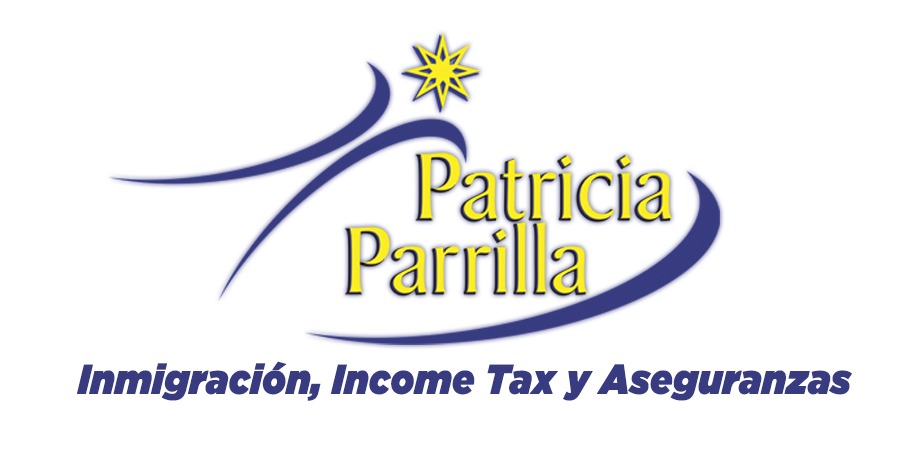
COVID-19 has disrupted life for Americans across the country, and as we’ve seen in recent weeks, the tax industry is not immune to change. To limit the number of physical documents handled by IRS employees, the IRS announced that it has adjusted its policy regarding tax signatures for this unprecedented filing season.
“We are implementing a temporary deviation that allows IRS employees to accept images of signatures (scanned or photographed) and digital signatures on documents related to the determination or collection of tax liability,” the IRS explained in the memorandum to tax industry partners. “We are also implementing a temporary deviation that allows IRS employees to accept documents via email and to transmit documents to taxpayers using SecureZip or other established secured messaging systems, [like e-Fax].”
Prior to publishing the memo, the IRS typically accepted electronic signatures for a variety of tax forms—the most notable and common being the Form 1040. This announcement specifically pertains to documents that typically require a physically printed and signed form:
- Extensions of statute of limitations on assessment or collection
- Waivers of statutory notices of deficiency and consents to assessment
- Agreements to specific tax matters or tax liabilities (closing agreements)
- Case specific Power of Attorney
The IRS noted that tax professionals and taxpayers who need to confirm whether a specific form will be accepted digitally should contact the Business Operating Division. Those who need to submit a signed tax document to the IRS via email will need to use one of the approved file types outlined in the memo: .tiff, .jpg (.jpeg), .pdf, and .zip. The IRS also said encrypted files and files created by Microsoft Office Suite will be accepted.
While this is the latest COVID-19 motivated change in IRS protocols, it might not be the last. Remember to check Taxing Subjects regularly for future tax industry updates.
Source: IRS Memorandum

 Patricia Parrilla Tax Services
Patricia Parrilla Tax Services